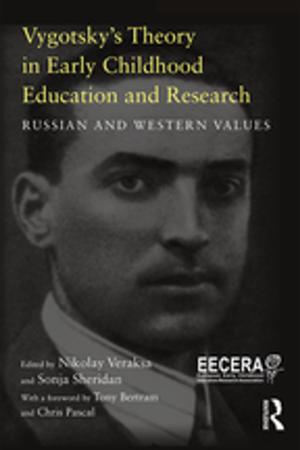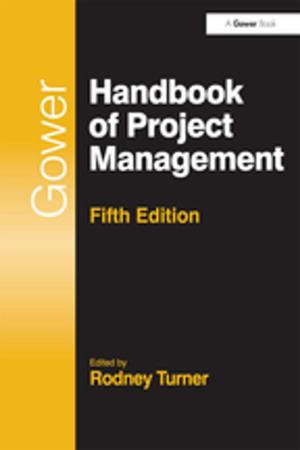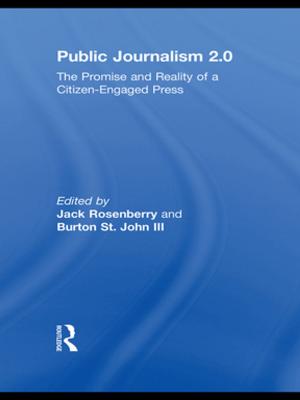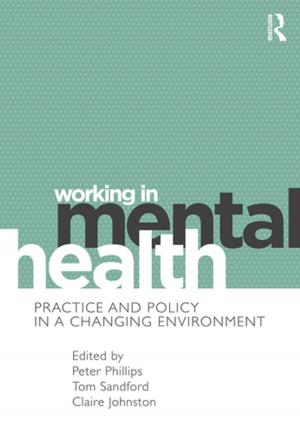Classroom Control (RLE Edu L)
Nonfiction, Reference & Language, Education & Teaching, Educational Theory, Philosophy & Social Aspects, Reference| Author: | Martyn Denscombe | ISBN: | 9781136470554 |
| Publisher: | Taylor and Francis | Publication: | May 4, 2012 |
| Imprint: | Routledge | Language: | English |
| Author: | Martyn Denscombe |
| ISBN: | 9781136470554 |
| Publisher: | Taylor and Francis |
| Publication: | May 4, 2012 |
| Imprint: | Routledge |
| Language: | English |
Survival as a school teacher depends on an ability to achieve classroom control. In the years since this book was first published little has changed in this respect. Classroom control continues to lie at the heart of competent teaching. Teachers know it, pupils know it. They know it implicitly because they experience it as a normal part of their daily lives in schools. But, in this book, the author stands back from our everyday knowledge about how things work in classrooms to ask what control actually consists of. What is it? How is it recognized? How is it challenged by pupils? How is done by teachers? How is it negotiated? Drawing on extensive ethnographic fieldwork in three large secondary schools in England Martyn Denscombe explores the meaning of classroom control. He looks at the influence of teacher training and the role of school organization in establishing expectations about control, and then shows how control is played out through the interaction of teachers and pupils in class. His analysis travels well across the many contexts in which teaching occurs and provides an illuminating insight into the work of teaching and the nature of classroom life.
His evidence is drawn from ethnographic fieldwork in three schools in England, and secondary sources covering the phenomenon of classroom control in the UK, USA and Australia.
Survival as a school teacher depends on an ability to achieve classroom control. In the years since this book was first published little has changed in this respect. Classroom control continues to lie at the heart of competent teaching. Teachers know it, pupils know it. They know it implicitly because they experience it as a normal part of their daily lives in schools. But, in this book, the author stands back from our everyday knowledge about how things work in classrooms to ask what control actually consists of. What is it? How is it recognized? How is it challenged by pupils? How is done by teachers? How is it negotiated? Drawing on extensive ethnographic fieldwork in three large secondary schools in England Martyn Denscombe explores the meaning of classroom control. He looks at the influence of teacher training and the role of school organization in establishing expectations about control, and then shows how control is played out through the interaction of teachers and pupils in class. His analysis travels well across the many contexts in which teaching occurs and provides an illuminating insight into the work of teaching and the nature of classroom life.
His evidence is drawn from ethnographic fieldwork in three schools in England, and secondary sources covering the phenomenon of classroom control in the UK, USA and Australia.















